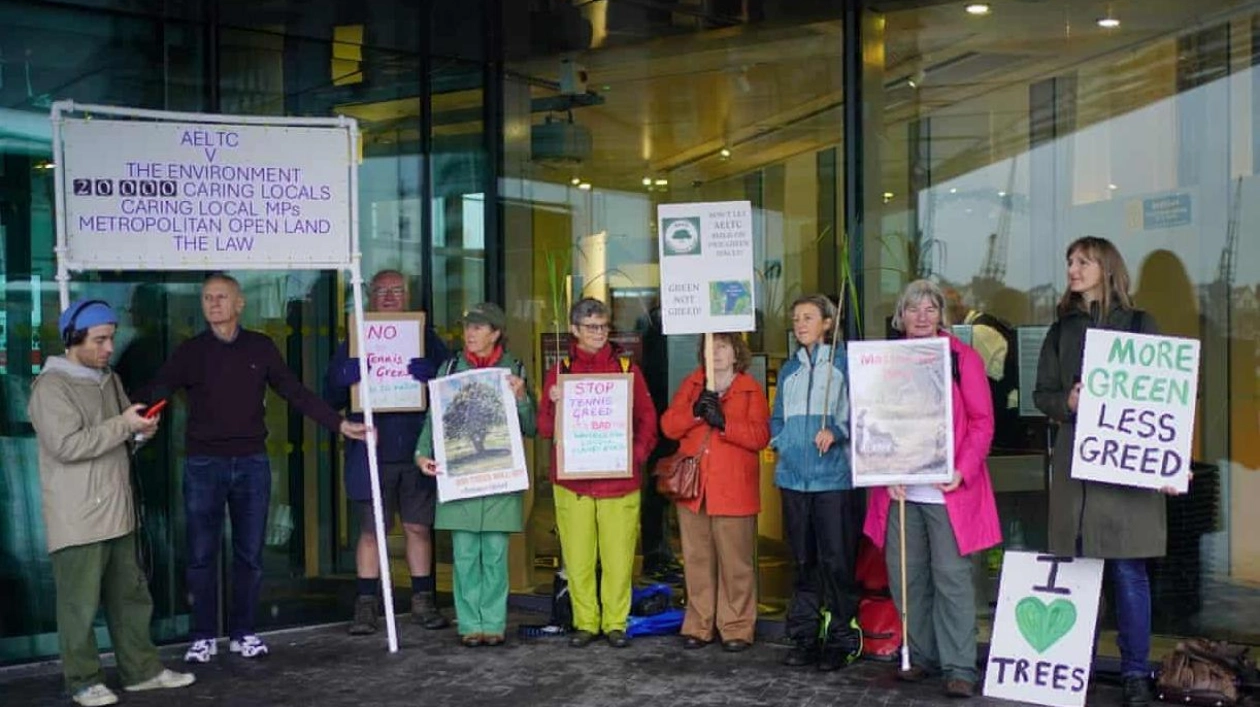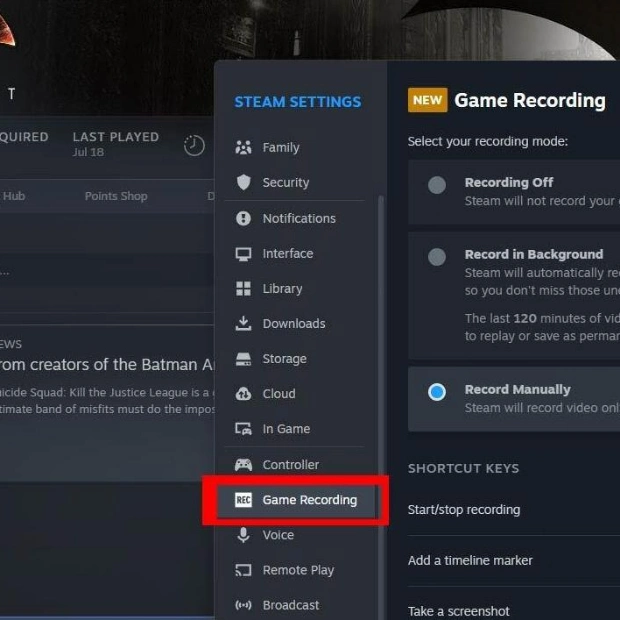Wimbledon's contentious proposal to construct 39 additional tennis courts on safeguarded metropolitan open land has been approved. The decision was made by London's deputy mayor, Jules Pipe, following a three-hour session at City Hall where advocates and the All-England Lawn Tennis Club (AELTC) debated the project's economic advantages and environmental impact. The AELTC's plans received further support when Deputy Prime Minister Angela Rayner confirmed she would not intervene for ministerial review. However, this is not the final word, as opponents can still challenge the AELTC's proposals through judicial review, potentially reaching the Supreme Court.
Earlier, the AELTC informed the hearing that the development on the former Wimbledon Park golf course, which would feature an 8,000-seat show court and 38 other courts for qualifying tournaments and practice facilities, was essential to keep pace with other Grand Slam events. Sally Bolton, AELTC's CEO, emphasized that hosting a qualifying tournament on-site, instead of at the Bank of England grounds in Roehampton, would create a 'remarkable three-week event' where fans could also watch top players practice. Critics, however, argued that the AELTC failed to substantiate the economic benefits, especially since building on metropolitan open land is only permitted in 'very special circumstances.'
There was also disagreement on the environmental impact. Opponents warned of the loss of 300 trees and a detrimental effect on biodiversity, habitats, and local wildlife. This was contested by Alison King, a landscape architect working with the AELTC, who stated that only 300 out of 1,000 trees would be removed, most being lower-grade category C and U trees. King added that 1,500 new trees would be planted, and the design would preserve most valuable trees.
The expansion would nearly triple Wimbledon's size from 41 to 115 acres. However, Fleur Anderson, MP for Putney and Southfields, cautioned that only 28% of the new area would be accessible to the public. Paul Kohler, MP for Wimbledon, criticized the AELTC for violating a legal covenant from 1993 that restricted the land's use to leisure or recreation purposes. Kohler emphasized the importance of keeping promises and engaging with the community.
Questions regarding the 1993 legal covenant could still be part of a future judicial review. As of now, it appears the AELTC is close to securing approval for their plans.






